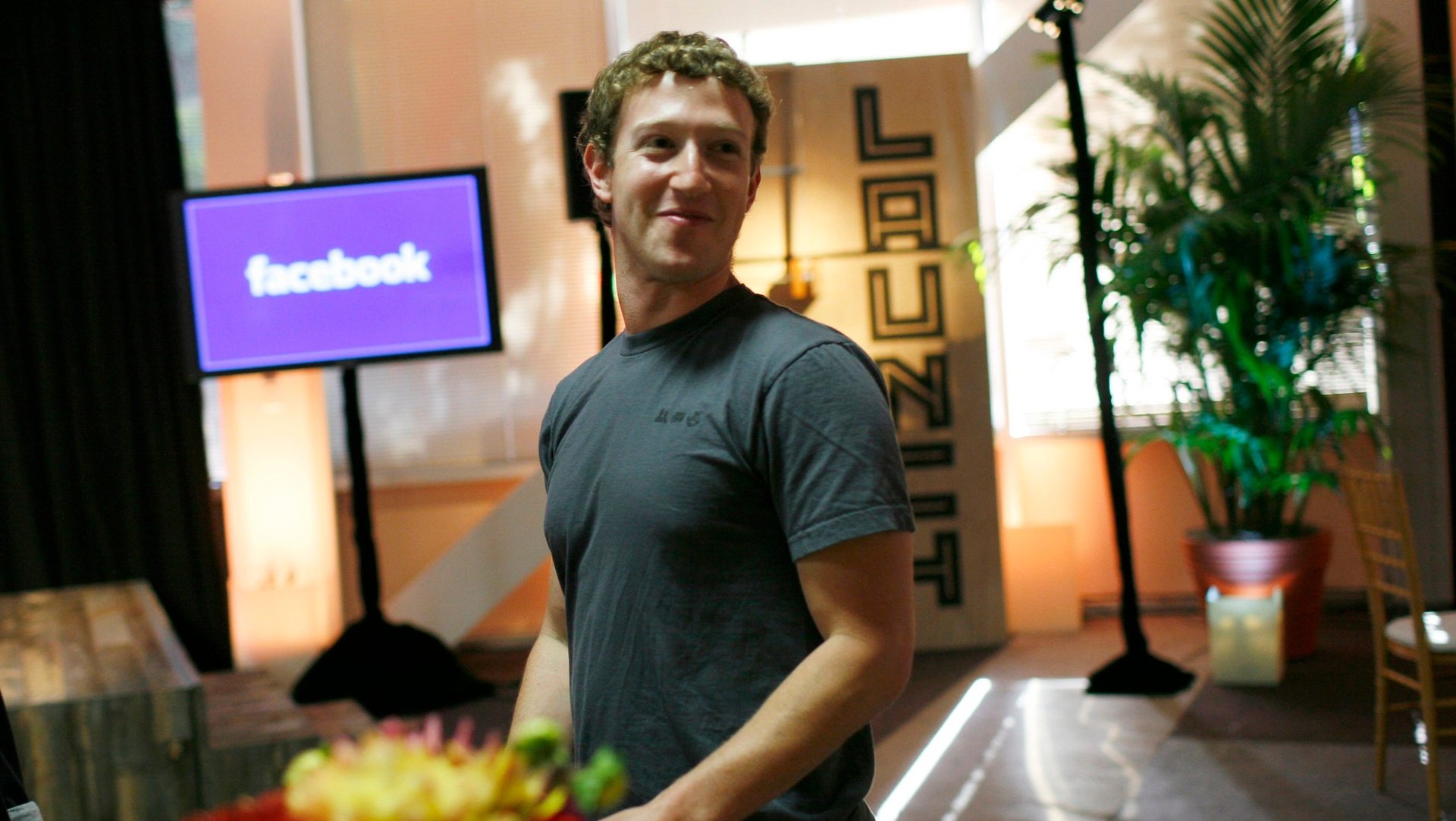How Facebook helped create Silicon Valley’s talent free-for-all
New documents released (paywall) as part of a class action antitrust lawsuit that pit 64,613 software engineers against tech companies including Google, Apple, Intel and Adobe give more detail on an alleged conspiracy to drive down wages in the tech industry.


New documents released (paywall) as part of a class action antitrust lawsuit that pit 64,613 software engineers against tech companies including Google, Apple, Intel and Adobe give more detail on an alleged conspiracy to drive down wages in the tech industry.
One company that wouldn’t participate in the scheme, according to the papers, was Facebook—which made Google mighty nervous back in 2007.
Facebook’s non-participation, and the flood of Google employees that left to join CEO Mark Zuckerberg, was the beginning of a sea-change in the tech labor market. Hiring power shifted away from big, post-IPO companies to rapidly growing startups. Big bonuses and great perks couldn’t compete with the risky but potentially massive benefit of pre-IPO stock from an increasing number of startups.
Google co-founder Sergey Brin saw all that coming in 2007, according to an email (pdf) he sent to colleagues that appeared in the court papers. The direct hiring was irritating, but just a precursor to the real problem of the future, he wrote:
The Facebook phenomenon creates a real retention problem, I now realize, not just because of FB’s direct hiring, but the more insidious effect that everyone wants to start the next Facebook or get rich by having a popular fb app. Whether fb itself does well or not is hard to predict but it is clear to me that there is a social networking bubble of imitations and tag alongs.
Facebook certainly wasn’t the only startup on the scene in 2007 (and Google itself was once a startup). But Facebook was the first one big enough to shift what had become a controlled talent environment (with, allegedly, six different long-term agreements between companies preventing all jobs solicitation (pdf)) into much more of a free-for-all.
Google tried to push Facebook COO Sheryl Sandberg to scale back hiring (pdf), but she declined. Google’s executive chairman, Eric Schmid, said in his deposition for the case that Facebook was “playing by a different set of rules,” according to The Wall Street Journal (paywall).
Meanwhile, the suit alleges, the agreements between the other giant tech companies were taken seriously enough that a Google recruiter was fired after Apple CEO Steve Jobs wrote an email (pdf) complaining about an Apple employee being approached. By sharing compensation data and not aggressively recruiting from each other, companies allegedly kept salaries down.
Even if a previous settlement with the government in 2010 hadn’t ended these practices, Facebook’s success, and the companies that followed in its footsteps changed the math. Now, salaries and optimism about startups are so high that more than half of engineers expect to be millionaires, according to a recent survey.